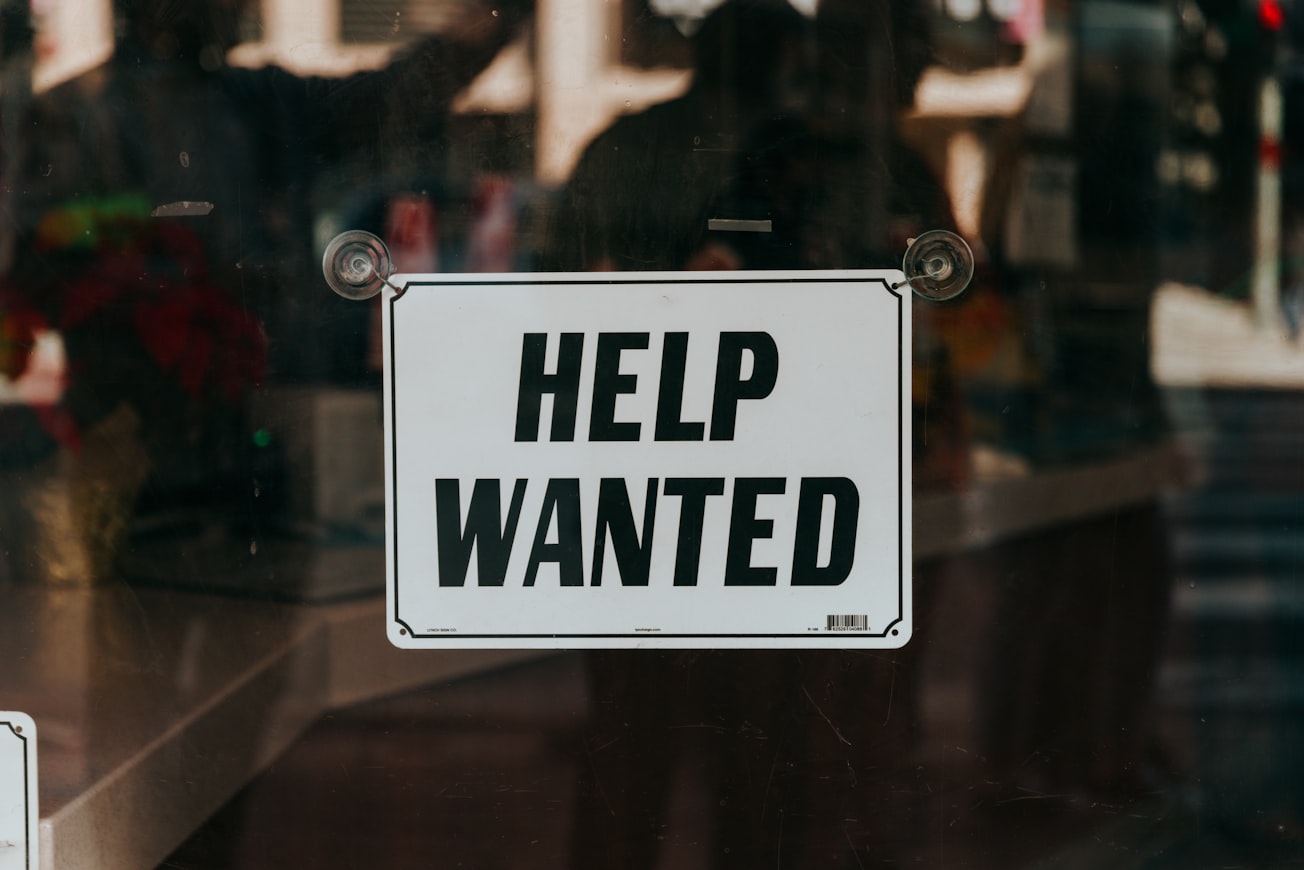What is it about?
Humans help each other. Helping is a defining feature of humans, and through such cooperative helping, modern civilization has been made possible. But what determines whether individuals, groups, or entire societies decide to help each other, or choose to look away? In this study, we demonstrate that insufficient sleep represents a causal, yet previously unrecognized, factor dictating whether or not humans choose to help each other, triggered by a breakdown in the activity of key prosocial-brain networks.
Featured Image

Photo by Nathan Dumlao on Unsplash
Why is it important?
These discoveries establish that sleep loss acts as a trigger of asocial behavior, reducing the innate desire of humans to help one another. The study adds to a growing body of evidence demonstrating that inadequate sleep not only harms the mental and physical well-being of an individual, but also compromises the bonds between individuals — and even the altruistic sentiment of an entire nation. Considering the essential role of human helping in maintaining cooperative, civilized societies, together with the robust erosion of sleep time over the last 50 years, the ramifications of these discoveries are considerable.
Perspectives
Human societies thrive by offering and receiving help from those around us. Sleep, it turns out, is an incredible lubricant to prosocial, connected, empathic, kind and generous human behavior. When sleep is undervalued in society, not only do we get sleep-deprived doctors, nurses and students, but we also suffer from unkind and less empathic interactions on a daily basis. It is time as a society to abandon the idea that sleep is unnecessary or a waste of time and, without feeling embarrassed, start getting the sleep that we need. It is the best form of kindness we can offer ourselves, as well as the people around us.
Eti Ben Simon
University of California Berkeley
Read the Original
This page is a summary of: Sleep loss leads to the withdrawal of human helping across individuals, groups, and large-scale societies, PLoS Biology, August 2022, PLOS,
DOI: 10.1371/journal.pbio.3001733.
You can read the full text:
Resources
Contributors
The following have contributed to this page







